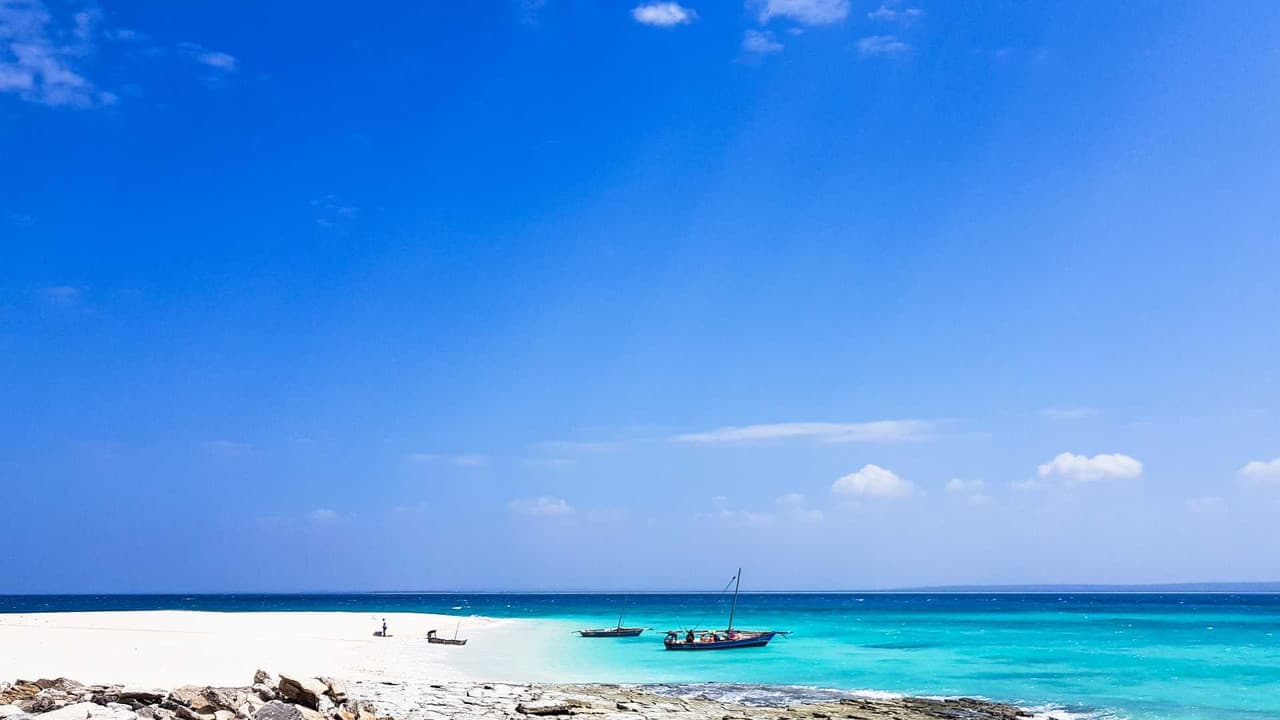Ensuring compliance with local labor laws is fundamental for businesses operating in Mozambique. The country's legal framework provides significant protections for workers, covering aspects from the terms of employment and working conditions to termination procedures and dispute resolution. Understanding these regulations is crucial for fostering a fair and productive work environment and mitigating potential legal risks.
Mozambique's labor legislation aims to balance the interests of employers and employees, promoting stable employment relationships while safeguarding fundamental worker rights. Adherence to these standards is not only a legal obligation but also a key factor in successful operations within the country.
Termination Rights and Procedures
The termination of an employment contract in Mozambique is subject to specific legal requirements, designed to protect employees from arbitrary dismissal. Termination can occur for various reasons, including mutual agreement, expiry of a fixed-term contract, objective reasons (e.g., redundancy), or disciplinary reasons.
For terminations initiated by the employer, specific procedures must be followed, including providing written notice and stating the reasons for termination. The required notice period depends on the employee's length of service.
| Length of Service | Notice Period (Days) |
|---|---|
| Up to 1 year | 30 |
| More than 1 year to 5 years | 60 |
| More than 5 years | 90 |
In cases of disciplinary dismissal, a formal process involving investigation and the opportunity for the employee to present a defense is mandatory before termination can be effected. Failure to follow correct procedures can result in the termination being deemed unlawful, potentially leading to significant compensation obligations for the employer.
Anti-Discrimination Laws and Enforcement
Mozambique's labor law prohibits discrimination in employment based on several protected characteristics. Employers are required to ensure equal opportunities in recruitment, training, promotion, and working conditions.
Key protected classes include:
- Race or ethnic origin
- Sex
- Age
- Religion
- Political or ideological conviction
- Trade union affiliation
- Social status
- Disability
- Marital status
- Pregnancy
Employees who believe they have been subjected to discrimination can file complaints with the labor authorities or pursue legal action through the courts. The burden of proof may shift to the employer in certain discrimination cases.
Working Conditions Standards and Regulations
Mozambique's labor code sets standards for various aspects of working conditions to ensure fair treatment and employee well-being. These include regulations on working hours, rest periods, holidays, and leave entitlements.
- Standard Working Hours: The standard workweek is typically 40 hours, spread over five or six days. Daily working hours generally should not exceed 8 hours, though exceptions and variations apply to certain sectors or roles.
- Overtime: Overtime work is regulated and subject to limits. It must be compensated at premium rates, which vary depending on whether the overtime is worked on a normal workday, a rest day, or a public holiday.
- Rest Periods: Employees are entitled to daily and weekly rest periods. A minimum daily rest period is required between working days, and a weekly rest day (typically Sunday) is mandatory.
- Annual Leave: Employees are entitled to paid annual leave, the duration of which increases with length of service.
- Other Leave: The law also provides for other types of leave, such as sick leave, maternity leave, paternity leave, and leave for urgent personal matters.
Compliance with these standards is mandatory, and violations can lead to penalties.
Workplace Health and Safety Requirements
Employers in Mozambique have a legal obligation to ensure a safe and healthy working environment for their employees. This includes taking preventative measures to minimize risks and providing necessary safety equipment and training.
Key employer responsibilities include:
- Identifying and assessing workplace hazards.
- Implementing measures to eliminate or control risks.
- Providing appropriate personal protective equipment (PPE).
- Ensuring machinery and equipment are safe to use.
- Providing health and safety training to employees.
- Establishing procedures for reporting and investigating accidents and incidents.
- Maintaining a workplace free from harassment and violence.
Employees also have responsibilities, such as following safety procedures and using provided PPE. Labor inspectors are authorized to conduct workplace inspections to ensure compliance with health and safety regulations.
Dispute Resolution Mechanisms
Disputes that arise in the workplace in Mozambique can be resolved through several mechanisms, ranging from internal processes to formal legal proceedings.
- Internal Resolution: The first step often involves attempting to resolve the issue directly between the employee and the employer, potentially through internal grievance procedures.
- Conciliation and Mediation: If internal resolution fails, parties can seek assistance from labor authorities or other designated bodies for conciliation or mediation. This involves a neutral third party helping the parties reach a mutually acceptable agreement.
- Labor Courts: If conciliation or mediation is unsuccessful, or for certain types of disputes, employees can file a case with the labor courts. These specialized courts handle employment-related legal disputes, including claims for unfair dismissal, unpaid wages, or discrimination.
Employees have the right to seek redress for violations of their labor rights through these established channels.
Employ top talent in Mozambique through our Employer of Record service
Book a call with our EOR experts to learn more about how we can help you in Mozambique







Book a call with our EOR experts to learn more about how we can help you in Mozambique.
Trusted by more than 1000 companies around the globe



